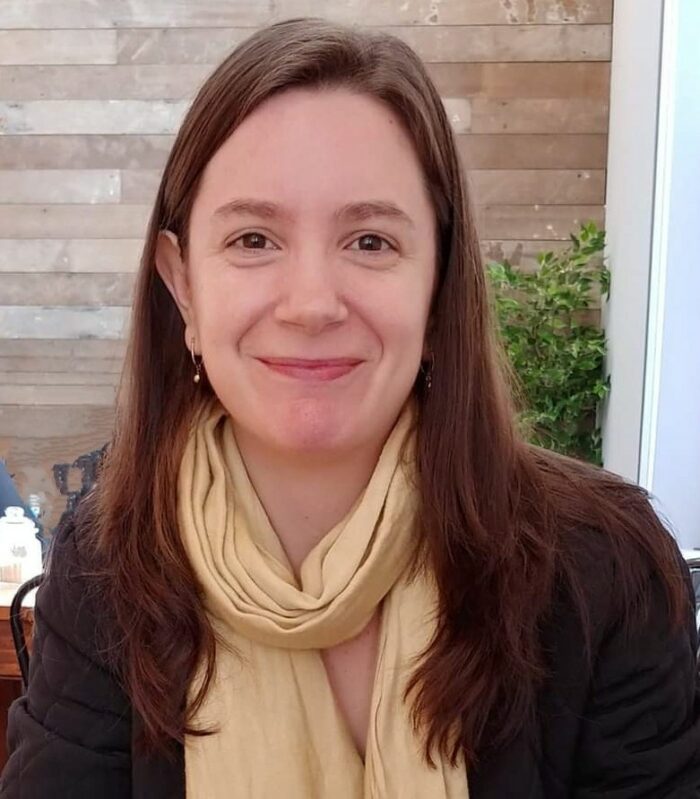
How Not to Shepherd Visitors
Today I’m happy to welcome Aussie guest blogger Anna Stoyanoff. You can read her bio below.
Have you ever felt like the only person in the room troubled by what someone is saying? Recently I had such an experience, looking around at the nods and thoughtful note-taking of others and thinking, Aren’t they hearing how disturbing this is?
As I sat through training for ministry workers about what to do when visitors attend church, the speakers used Christian language: “We want to love them well.” They spoke a lot about being shepherds and caring for sheep.
If only they’d described the kind of shepherd Jesus was…. Instead, they went on to tell the audience to engage the five senses: the smell of fresh coffee, the lighting, the incredible music. Nothing about discipleship. Nothing about true worship. Nothing about focusing on the Good Shepherd. The point was, “We want to create such an amazing experience that even if they hate the message they will want to come back.”
So what’s the problem with making church a great place to be? At its core, the assumption is that God is not changing people’s hearts. So the pressure is on: “This may be our one shot to welcome this person. It may actually have eternal consequences!”
So, what’s the bottom line? That we should attract people to church superficially, and use manipulation and control in church because otherwise we’ll fail to attract sheep—and shepherds have authority over sheep?
This “attractional model” was developed by a well-known preacher, whose work the trainers recommended. The logic in the model goes something like this: With the burden of others’ salvation on our shoulders, using manipulation and control to achieve our goal seems reasonable.
But it’s not okay. Removing a person’s agency dehumanises them. Whether it’s a visitor deciding whether to return to church or a member volunteering on Sunday, nobody has the right to coerce their decision. Urging welcomers to be “relentless” in getting somebody’s contact details or suggesting that they walk that person to the car because “no-one can say ‘No’ to that,” is blatantly unloving.
Jesus is the Good Shepherd who lays down his life for his sheep (Jn 10:11, 14-15). Church leaders are encouraged to “Be shepherds of the church of God, which he bought with his own blood,” (Acts 20:28) and “Be shepherds of God’s flock that is under your care … not lording it over those entrusted to you,” (1 Pet 5:2-3). Each of these instructions is given in the context of what God has done and is paired with a warning about those who would take advantage of God’s people.
With this in mind, consider these quotes from the training session:
“We shepherd sheep whether they particularly want us to or not.”
“If we think that what we are doing is helpful for them, then we will shepherd them towards that.”
“We want these people to take us as our shepherds.”
No acknowledgement of Christ as our Shepherd. No humble view of ourselves as his sheep. No reliance on the work of the Spirit in people’s lives.
Rather, here the terms define a power differential justifying the ‘shepherd’ exercising high levels of control over the ‘sheep’. Un-Christlike behaviour is justified by an overemphasis on the distinction between shepherd and sheep.
Have you encountered this attitude in church leaders? In yourself?
In our town two churches have imploded recently. I asked a wise friend what she thought their situations had in common. She thought for a moment, then said, “A lack of humility and a desire for power among leaders.”
Friends, danger lies here. When we don’t trust God to do his work in people, when we manipulate and control others, when we exert power over those in our care, it can only lead to hurt.
And surely it must make our gentle Shepherd weep.

Anna Stoyanoff is completing a Master of Divinity degree and lives in Australia, where she also plays in a band, reads avidly, and raises children with her husband.




